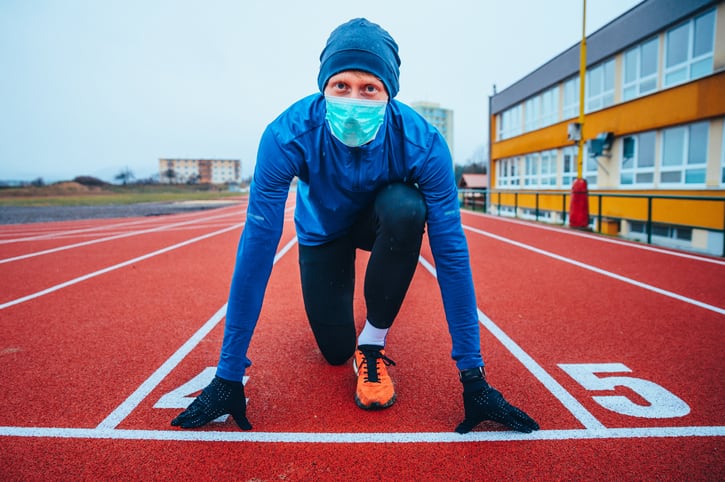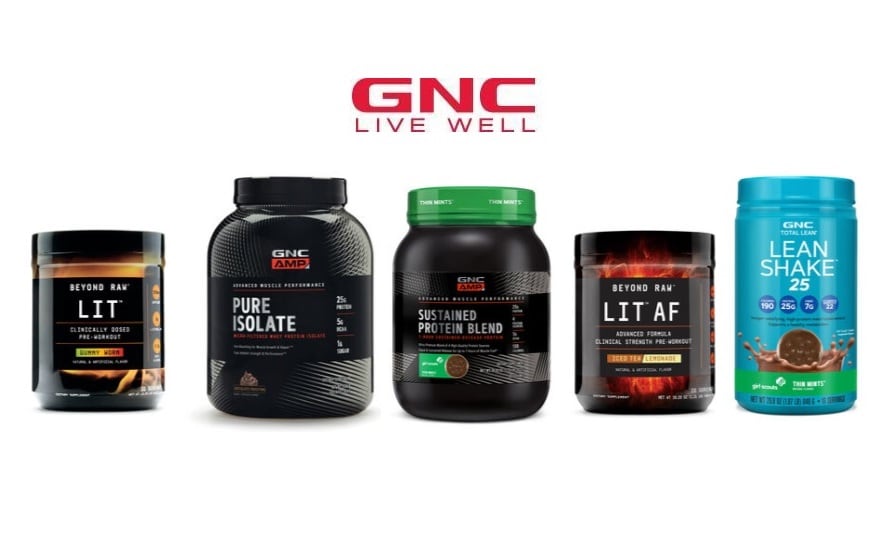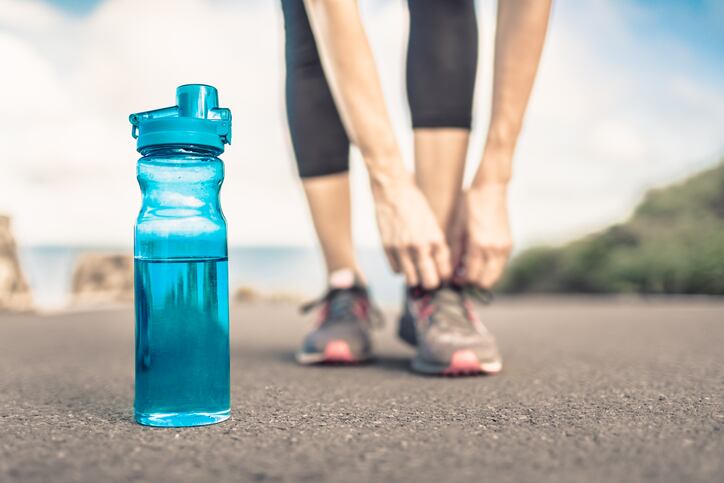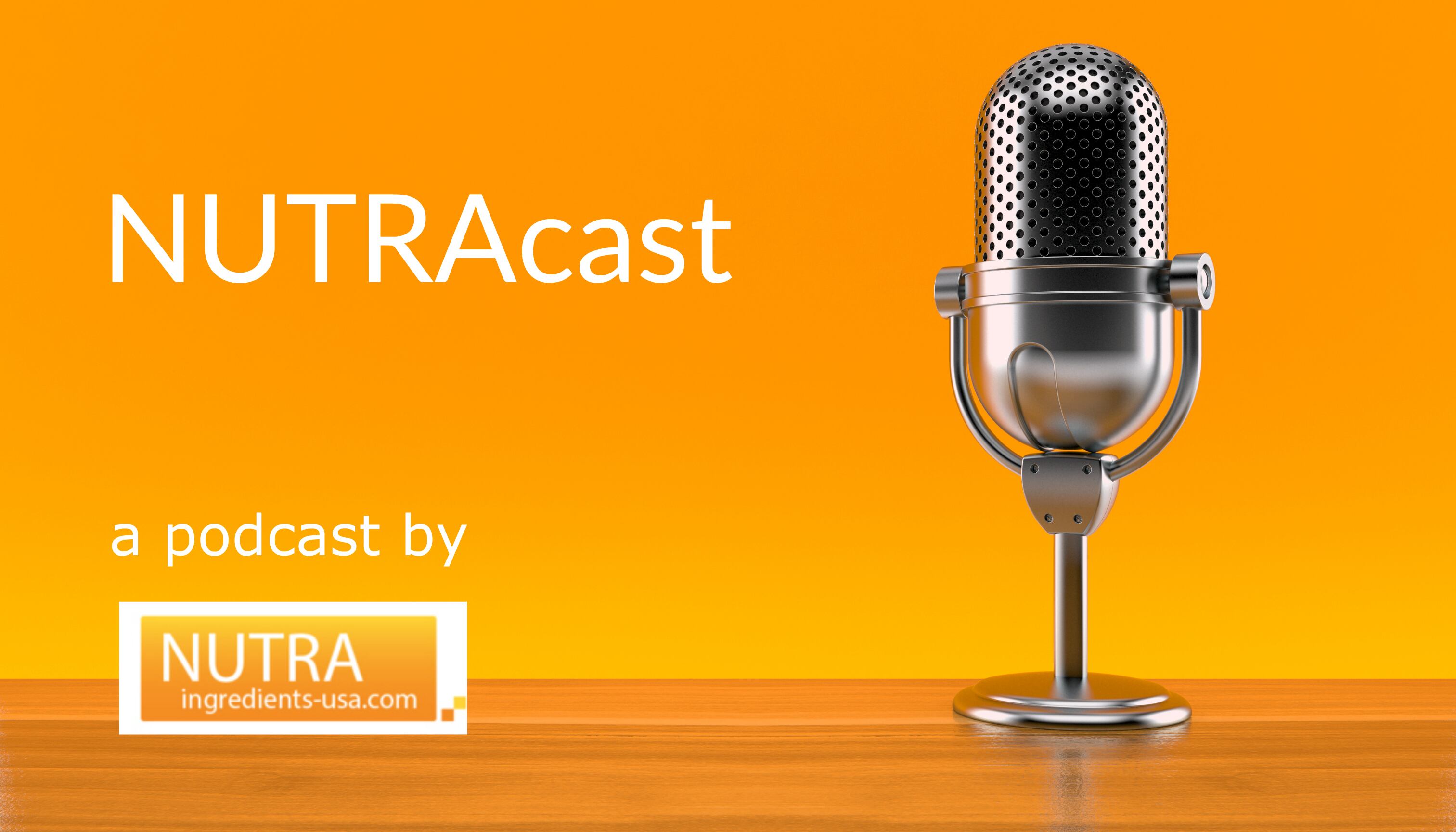With so many great points raised, it’s impossible to detail them all. Here are a few of our hand-picked highlights:
More digital engagement
With the shift from brick and mortar stores to online shopping, there has definitely been a seismic shift in digital engagement. Michelle Arent, Training Coordinator at University of South Carolina, said now that the in-person guidance inside stores is no longer there, companies should continue to offer that guidance online.

“Whether it is through a third party company or whether it is through just company-owned website, they need to be able to offer some type of real real time chat with someone. ‘Why are you looking for that? Okay. Well that might not be exactly what you're looking for. This might be better.’ And not that they're trying to steer you to some product that they're going to make a great dollar off of, but really to guide you to what is going to meet your need and it would be a fantastic opportunity for all of the online companies and web marketers to have some avenue for folks visiting their website to do that so that they can chat with somebody knowledgeable and help guide them to the products that may deliver whatever it is that they're looking for.”
Arent not only does it help consumers, but it’s also a way to increase repeat business. “So if you have a sale on something somebody might come buy it from you one time and never come back, but if you build that rapport, that relationship and the honesty of delivering the information that they're looking for from credible sources that will go a long way. And honestly, I don't foresee brick-and-mortar stores being as huge as they once were. I feel like online is where things are going to be for quite some time. So that's a fantastic opportunity for companies to be able to offer credible information and build that relationship with their customers.”
Consumer connections
Aaron Singerman, founder and CEO of Redcon1, also highlighted the importance of building relationships with consumers. He also credits his multi-retail channel to surviving during the pandemic.
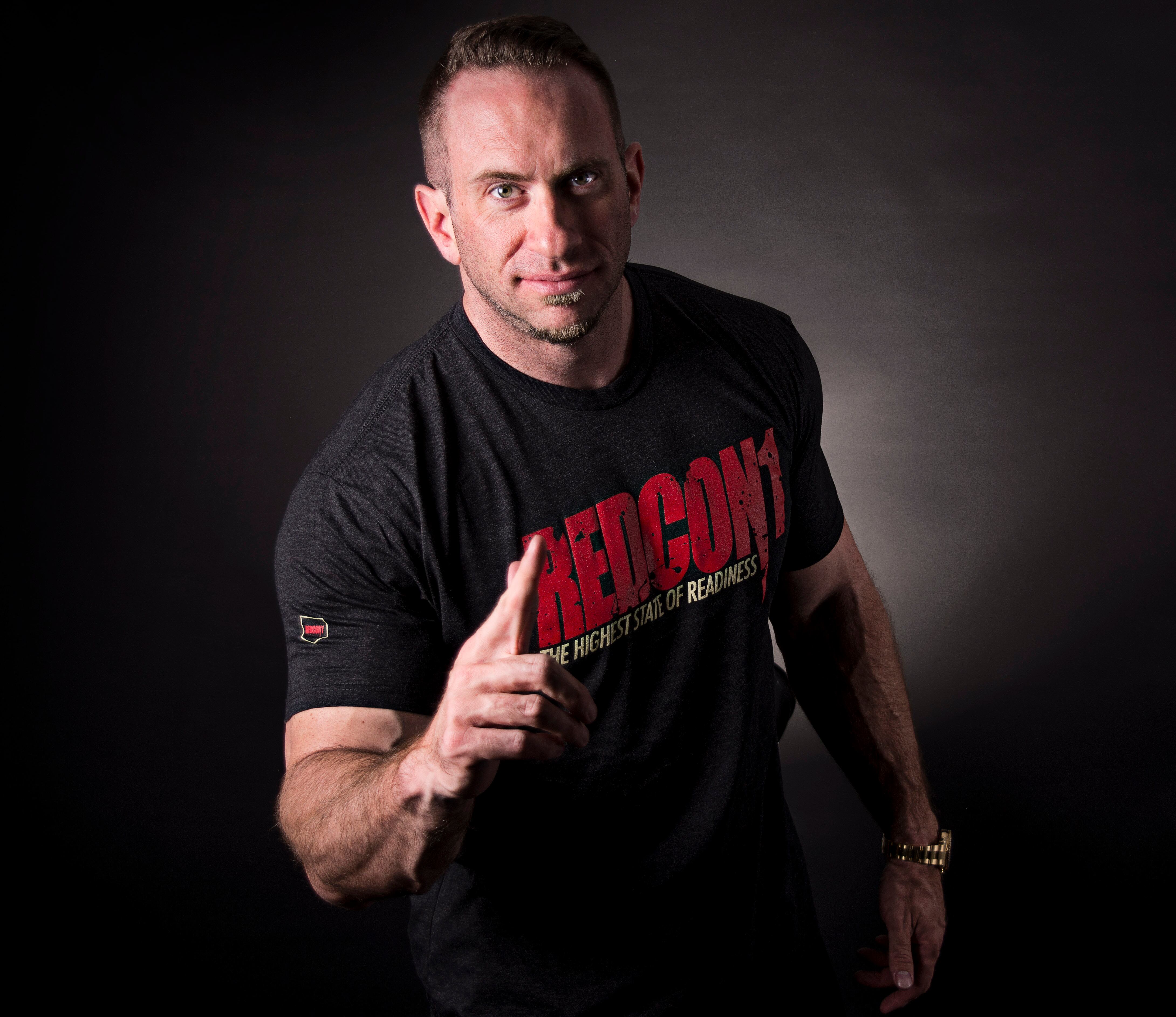
Singerman said the pandemic caused dramatic shifts in what products are selling and where they are being purchased from.
“So our number one product is Total War, our pre-workout product. Pre-workout obviously slipped away where gyms are closed, you know, certainly our pre-workout, our ready-to-drinks are sold in almost all gyms and all the gyms are closed. So the things that we're selling, our assortment, really changed in terms of what's moving.”
“We saw this crazy, crazy rush on Amazon where customers were purchasing 50-60 boxes of bars at a time same and on our website, so we definitely did get affected significantly, but because we had that channel mix, we weren't relying upon the GNCs of the world or on mom and pop, brick and mortar stores that were either closed completely or very, very limited in terms of what they're able to do.”
Singerman said about 50% of RedCon1’s revenue is direct-to-consumer. He added that one reason RedCon1 was able to stay profitable during the pandemic is because of the brand’s strong connection to its customers.
“We survived because of the direct consumer and stayed profitable through even the worst months. So when companies were firing people and letting people go in masses and furloughs, we were actually profitable. It’s not like we wouldn’t have been certainly, but we were profitable throughout all the months of the coronavirus because I think we had that direct connection."
The ignored consumer
Business strategist Joshua Schall of J Schall Consulting said something that became especially apparent during the pandemic is the need to shift away from gym-specific messaging and focus on consumers who work out at home.
“Maybe that's Peloton or Mirror, maybe that is streaming high intensity group fitness workouts or just doing a lot more cardio outside.”

Schall said that when gyms do open back up and people go back to their normal gym routine, “I think that all of those activities of trialing and getting used to that has further strengthened concepts like F45, SoulCycle, Orangetheory Fitness, and you don't see too many sports nutrition brands serving those specific customers. The messaging in the communication is always really towards the traditional gym setting. I think that there's a white space out there for brands that can be authentic to the new way of working out. And on the flip side, I think one that continues to be out there that I don't really see dissipating at all at this point is the value of isolating and fragmenting the market.”
“So figuring out passionate consumer bases that feel underserved and primarily one around women. I think there's been a history of ‘shrink it and pink it’ in the sports nutrition industry. And I honestly think that there's a ton of women are rushing into the market and looking for brands and products that serve their unique needs and speak like them in an authentic way, and it just has not really been put together. There's been brands that have done very well, but I think for the overall opportunity, there's still a ton of space for people to get in there and do some unique things. If you look at more personal care beauty items, some other categories that I work with, they do a really good job at messaging and focusing on women. But for whatever reason, sports nutrition and supplement companies have just not considered them an important part of their strategy and because of that I think there's been ton now of just disgruntled women in the market saying ‘we would like these things’ and I think if Brands kind of come out and figure out a way to properly position themselves, there's going to be a ton of opportunity for them.”
Getting up and running again
Shawn Arent, PhD, Professor & Chair, Dept. of Exercise Science, and Director, UofSC Sport Science Lab, said one thing to keep an eye on is supplements that will help get athletes back to where they were pre-COVID.
“What's going to be interesting I think is now that we sort of come out the other side of this. So obviously we're still kind of right in the middle of it. I think it's fair to say that as gyms reopen, as people are looking for some semblance of normalcy and things like that, do we start to see the performance products show up again?”

“Speaking from the level that I typically work with, when we're looking at the NCAA and professional sports, don't be surprised if you don't start seeing these athletes and the dietitians and nutritionists looking for things that will help get them back to where they need to be because of prolonged layoffs and because of differences in training availability and things like that. And so I think when you start to look at where some of these supplements can fit in in terms of keeping an athlete functioning, you know filling gaps in nutritional holes and things like that, that will keep them functioning throughout these condensed seasons as we try to get them up and running again. I think that's an area where I won't be at all surprised if we don't start to see some opportunities and growth.”
Arent added that while some unscrupulous brands will make unsubstantiated claims, the companies who have science on their side will prevail. “I think that's where some of your brands that have put the time and effort into the research will start rising head and shoulders above others, especially when it comes to selling the athletes where you know, testing is a consideration and stuff like that. I would say by and large those have been the areas that we've seen grow and areas that I expect to grow as we go forward.”
With talk about the reopening of universities and sports arenas underway, Arent suggests moving forward with caution.
“I think the thing we have to remind ourselves is we may be over covid, but it's not over us.”
The webinar is available on demand HERE.

